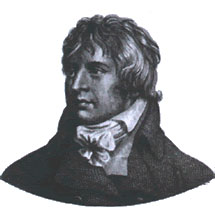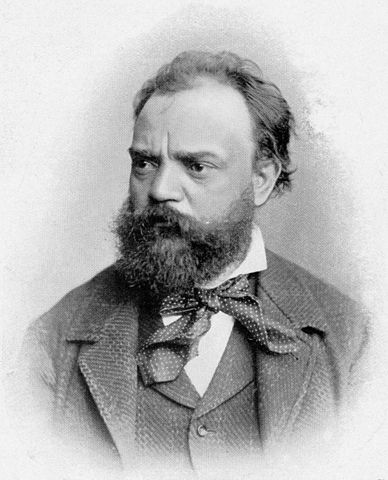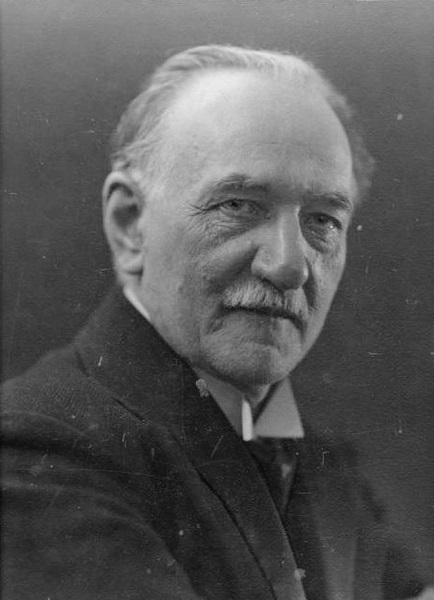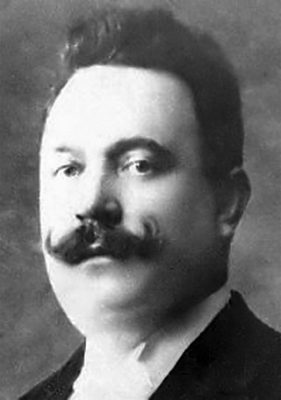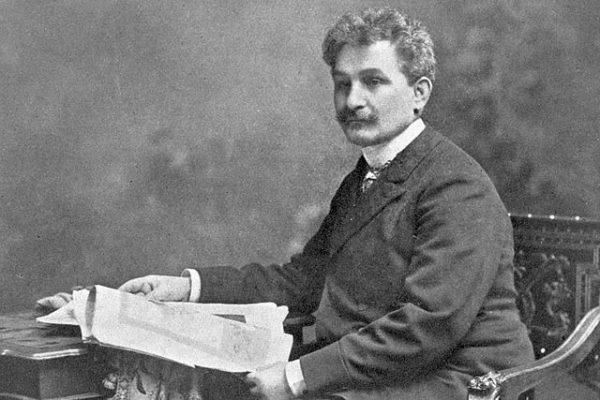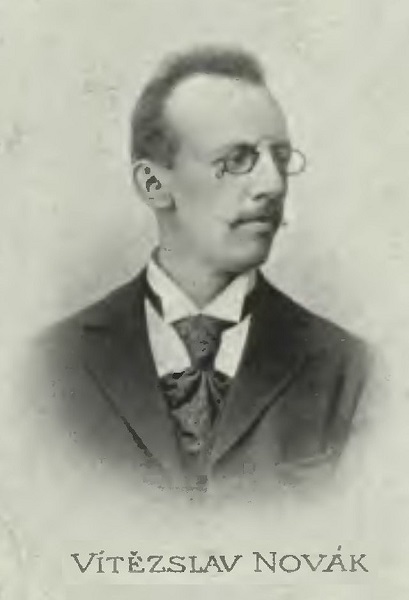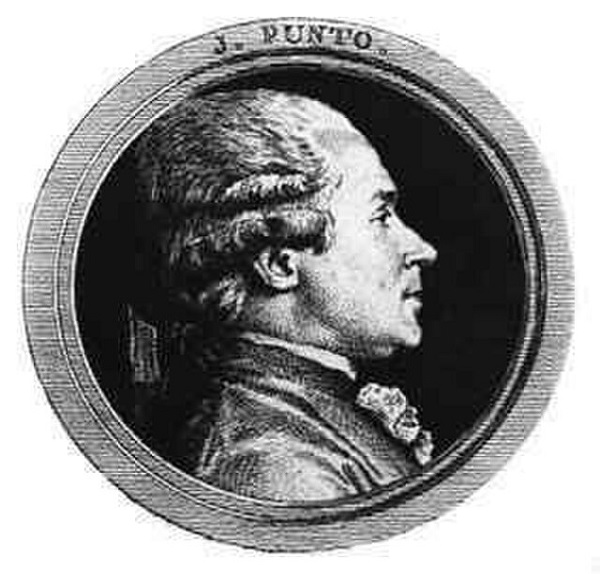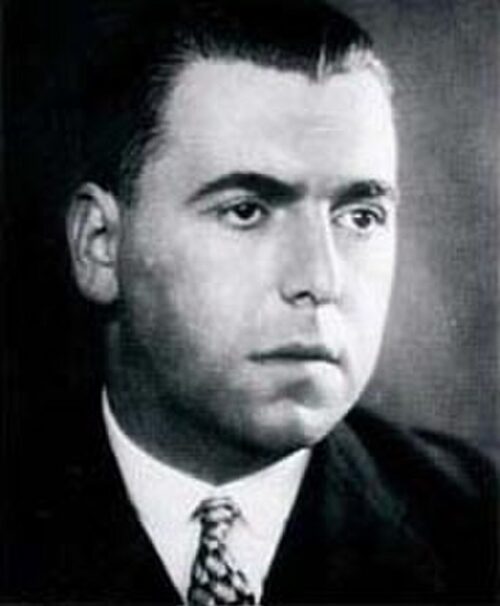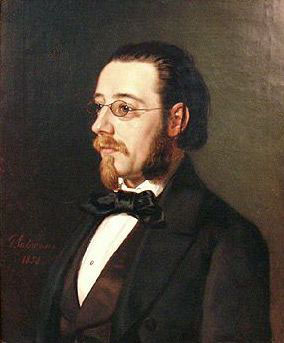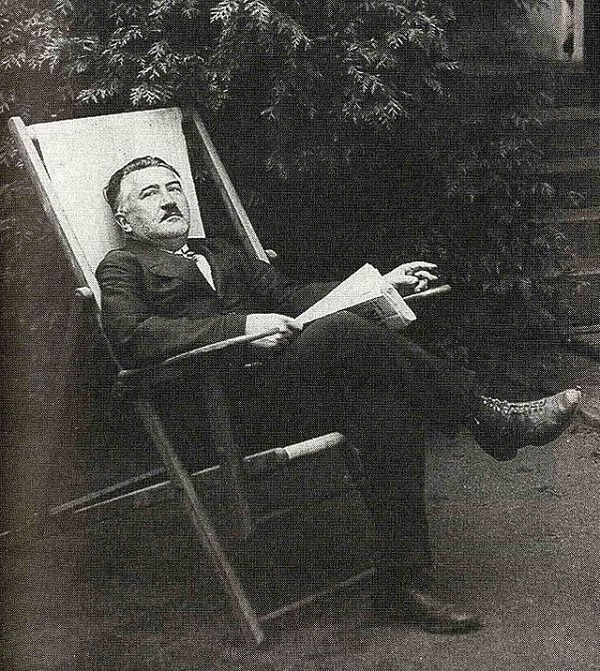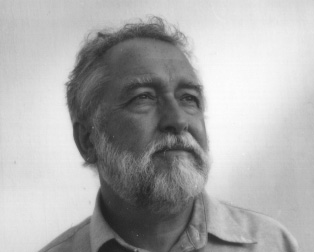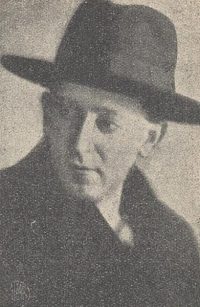Born in Zehušice, nr Čáslav, Sept 28, 1746
Died in Prague, Feb 16, 1803
- Jan Václav Stich (or Johann Wenzel Stich) was a Czech horn player, violinist, and composer who took on an Italian pseudonym, Giovanni Punto, as an adult.
- Born the son of a serf, Punto received music lessons during his upbringing and was even sent to Dresden for a period to study with A.J. Hampel. Upon returning to Bohemia, Punto served under his master, Count Thun, for four years before fleeing the estate and seeking better opportunities in the Holy Roman Empire (hence the name change).
- Punto built a successful international career as a touring horn virtuoso. Several prominent names of the day composed works for Punto, including Mozart (Sinfonia concertante K. 297B) and Beethoven (Horn Sonata Op.17).
“Works written by and for him show that Punto was a master of quick arpeggios and stepwise passage work. Mozart’s high opinion (‘Punto bläst magnifique’), expressed in a letter of 1778, was shared by Beethoven, and virtually all contemporary writers referred to the vocal quality of his playing.”
Grove Music Online
- As a composer, Punto wrote works for horn to highlight his skills and virtuosity. He also regularly arranged works by other composers for his instrument (sometimes even publishing them under his own name…).
- Fun/ morbid fact – at Punto’s funeral, Mozart’s Requiem was played at the graveside.
Learn More
Biography from the International Horn Society
Pieces


